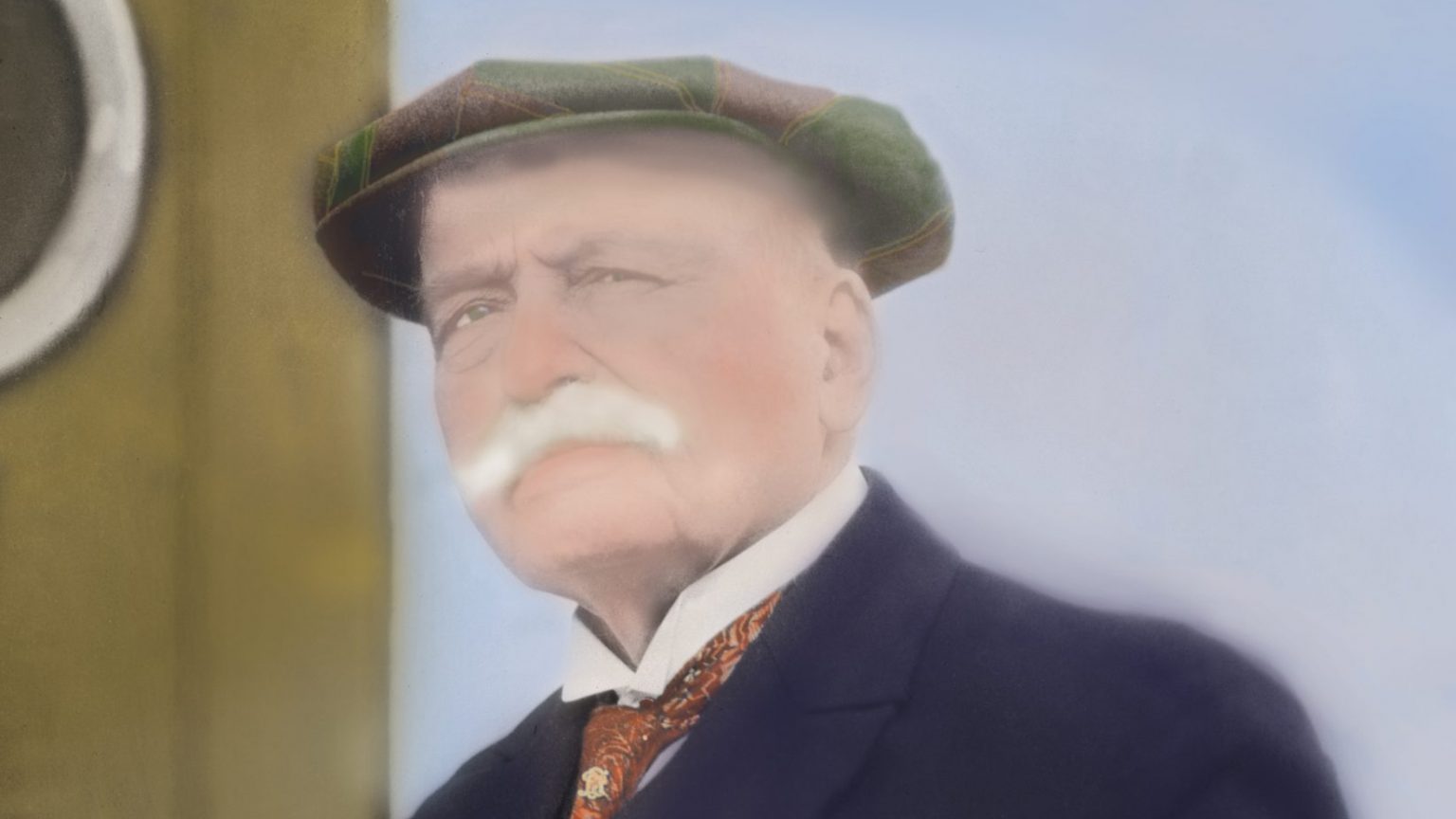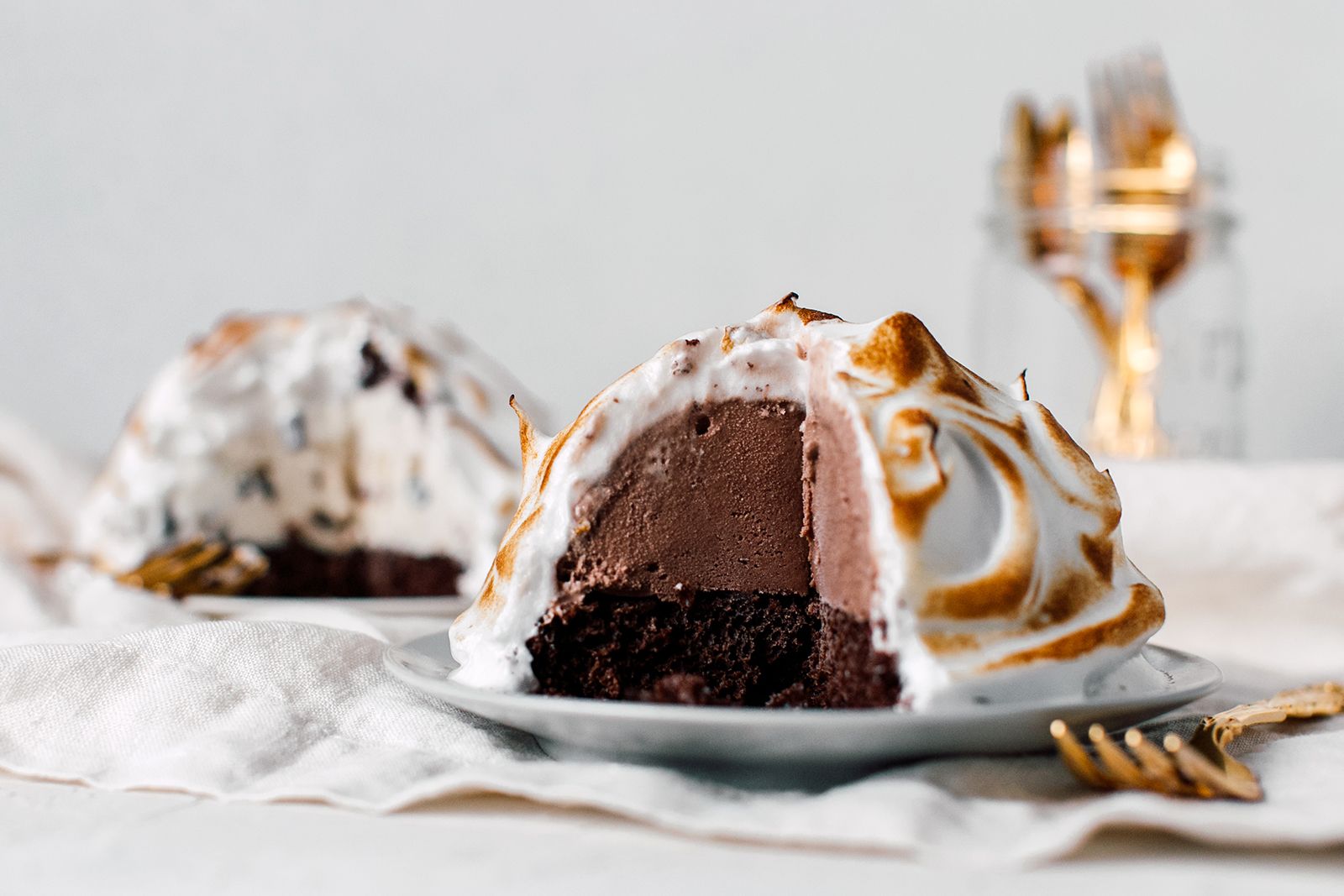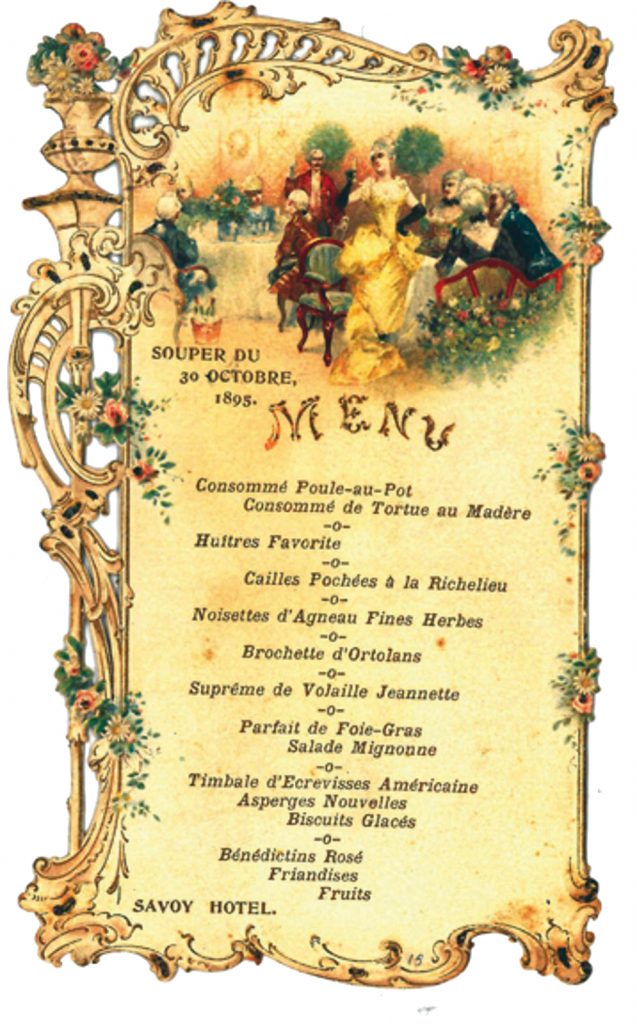Introduction
Culinary arts present eating as an aesthetic experience involving visual appeal, attention to originality, gustatory quality, and techniques. It is an essential part of the cultural and creative industry that preserves the traditional cuisine of each ethnic community. Food creates class and entices royals with secret ingredients that bring the uniqueness of art.
The skills of the most renowned chefs are often passed down from generation to generation. Georges Auguste Escoffier continues to inspire many across the globe with his excellence, consistency, and professionalism while preparing food for the nobles. However, critics argue that culinary arts fall short of the arts because they cannot endure. Escoffier’s legacy through kitchen designs, cookbooks, new menus, and scientific dishes is a sufficient rebuttal.
Brief Biography
Georges Auguste Escoffier was a world-class chef who received many awards and earned the respect of many people during his time (See Figure 1). He was born on October 28, 1846, in Villeneuve-Loubet, France (Myhrvold, 2023). His father was a poor black Smith living in rural regions (Escoffier, 2023). Nonetheless, he loved being an artist and had faith that one day, he would be able to achieve his dream. His passion for cooking made him start his career as a child of only 12 years (Myhrvold, 2023).
At the time, Escoffier was working at his uncle, Le Restaurant Français, a restaurant in Nice (Munchery,2023). The main clients were the rich people who came for a winter vacation in south France. The place gave him a good foundation where he learned the basics of class Provencal. He was able to use the knowledge and skills garnered for the advancement of an illustrious career.

He became a global celebrity in the industry due to his meticulousness at work. In 1890, he created peach melba to honor an idol singer, Nellie Melba. In addition, the chef is credited for being the first to make the baked Alaska (See Figure 2). He continued with his exceptional meal, which opened up opportunities for him to serve remarkable people, including Napoleon III (Munchery, 2023). He then moved to Carlton Hotel, where his reputation increased over 23 years (Myhrvold, 2023).
Moreover, he got a Legion of Honor award in 1920 and was later promoted to officer (Myhrvold, 2023). Escoffier retired from Carlton Hotel when he was 74 and has been in active services for 62 years. Escoffier continued to mentor others and later died on February 12, 1935, at the age of 88 years. However, his legacy outlived his service as he inspired many people.
In addition to his practical work, Escoffier authored several books and oversaw the creation of modern, world-class restaurants, beach shores, and kitchens. One of his literary works is the 1903 Le Guide Culinaire, which provides a strategy for the simple arrangement of recipes (Escoffier, 2023). The cookbook had more than 5,000 recipes and acted as an encyclopedia for other chefs to get references (Munchery, 2023). His principle for classical cooking was that it had to start with some basic procedures and ingredients.

The Establishment That Escoffier Worked and Operated
There are only two hotels where Escoffier had a job as a chef, although he occasionally received lucrative tender awards. Escoffier’s first workplace was Le Restaurant Français restaurant in Nice. His uncle owned it and asked him to help prepare the meals. The hotel served prominent people and nobles visiting France. His second employment was at Carlton Hotel, where he worked for over two decades before retirement (Myhrvold, 2023). Escoffier reorganization of the kitchen made it possible to offer simple dishes and menus that are used to date.
In addition, Escoffier worked as an independent contract chef who prepared meals for prominent people. For instance, his prowess allowed him to set up a kitchen at the Monte Carlo estate in New York (Deboick, 2022). His dishes had methodological detail and were carefully prepared to ensure constancy and replicability. Furthermore, Escoffier brought about the concept of brigade de Cuisine, which emphasized discipline and order while cooking (Munchery, 2023). As such, he ensured that each level of the profession, from the junior cook to the head chef, had well-defined responsibilities. The result was the creation of a work environment characterized by hierarchy, teamwork, and discipline.
Inspirations from Escoffier
One way in which Escoffier inspires many is his ability to make legendary menus from scratch. For instance, Escoffier invented dishes such as the Cuisses de Nymphes à l’Aurore, comprised of frogs’ legs served in a pond of champagne (Deboick, 2022). Notably, the dish was inspired by nature and presented in a way that was related to the natural habitat. Furthermore, it was unique with new ingredients and well served to impress his guests and clients. I am inspired by his ability to create curiosity among clients through his artistic combination of delicacies that enhance the imagination of others.
Quality and standard over quantity is the other inspiring legacy that everyone in the industry can learn from Escoffier. His strategy combined less than two ingredients per course to create an appealing test. Moreover, he pioneered many things, including setting up a menu so consumers knew their choices and what they wanted for their service (See Figure 3). His talent and determination inspire me to make the customers enjoy their meals. Escoffier loved his work and succeeded in transforming meals.
The other point of admiration for Escoffier is his ability to stay in the same career for a long time while maintaining his level of motivation. His 62 years of service as a chef is considered a record, given that most people exit their careers early (Myhrvold, 2023). It is impressive that he started working as a child and left as an older adult. Even more compelling is that throughout his career, he experienced growth through the innovation of better working methods. Escoffier understood that passing the knowledge he had garnered to others was crucial to changing the profession and making a lasting impact as a culinary artist. Knowing that the profession existed long after he was gone, his insights made him write books for others to follow.
The ability to navigate challenges is another excellent quality motivating Escoffier’s life. He showed that the hurdles were not meant to keep people down but to inspire further growth. For instance, when he was taken prisoner, he became the chef of the head of the French army and advanced his tomato preservation techniques (Deboick, 2022). He narrowly escaped the siege and continued to develop his skills. Moreover, he lost a son during the First World War but remained strong (Deboick, 2022). His resilience when faced with challenging issues is a critical quality everyone should aspire to emulate.

Ways of Emulating the Achievements
I can emulate Escoffier by ensuring excellence and discipline in my academic and career development. Escoffier pioneered the scientific method in culinary despite his limited educational background (Escoffier, 2023). Now that I have an opportunity to learn, I can emulate his strictness. For example, instead of making guesses on the number of ingredients I need to include while cooking, I will ensure that I measure each ingredient and follow the exact procedures for preparation. Doing so will help me maintain consistency so my customers can trust and rely on my capacity to produce the same meal quality.
Furthermore, I am cultivating the habit of always writing down my achievements. Escoffier’s story demonstrates that documentation is essential for future referrals and passing key insights to others. Not surprisingly, even after his retirement, he saw the implementation of his Le Guide Culinaire redefining the food industry (Deboick, 2022). Students still emulate his menus, kitchen arrangements, and restaurant designs. Due to his documentation, people can learn about his cuisines in school or get inspired to prepare meals for their families. Likewise, I intend to document every new insight for others.
In addition, I can emulate his resilience by focusing on the positive side of events. Escoffier faced poverty, lack of exposure as a child, imprisonment, and the loss of a son, yet remained an inspiration. His capacity to show gratitude even in times of turbulence made it possible for him to achieve greatness. Thus, now that I understand that life will sometimes bring pain, I will overcome it by believing that better things are coming.
Conclusion
Escoffier defied the argument against culinary art by creating menus, kitchen designs, and recipes passed down through generations. Coming from a humble background, he had all the reasons to be discouraged and languish in lack. However, he remained optimistic, hardworking, and resilient in building a legacy. Escoffier deserves the title of the king of chefs, given that his work set the standards for professionalism. He is an icon who will always be mentioned among the fathers of the modern hotel industry
Reference List
Deboick, S. (2022) ‘Masterchef: The original professional’, The New European. Web.
Escoffier, A. (2023) A guide to modern cookery. London: William Neinemann.
Munchery (2023) The Escoffier effect: Mastering the art of French cooking and beyond. Web.
Myhrvold, N. (2023) ‘Auguste Escoffier’. Web.